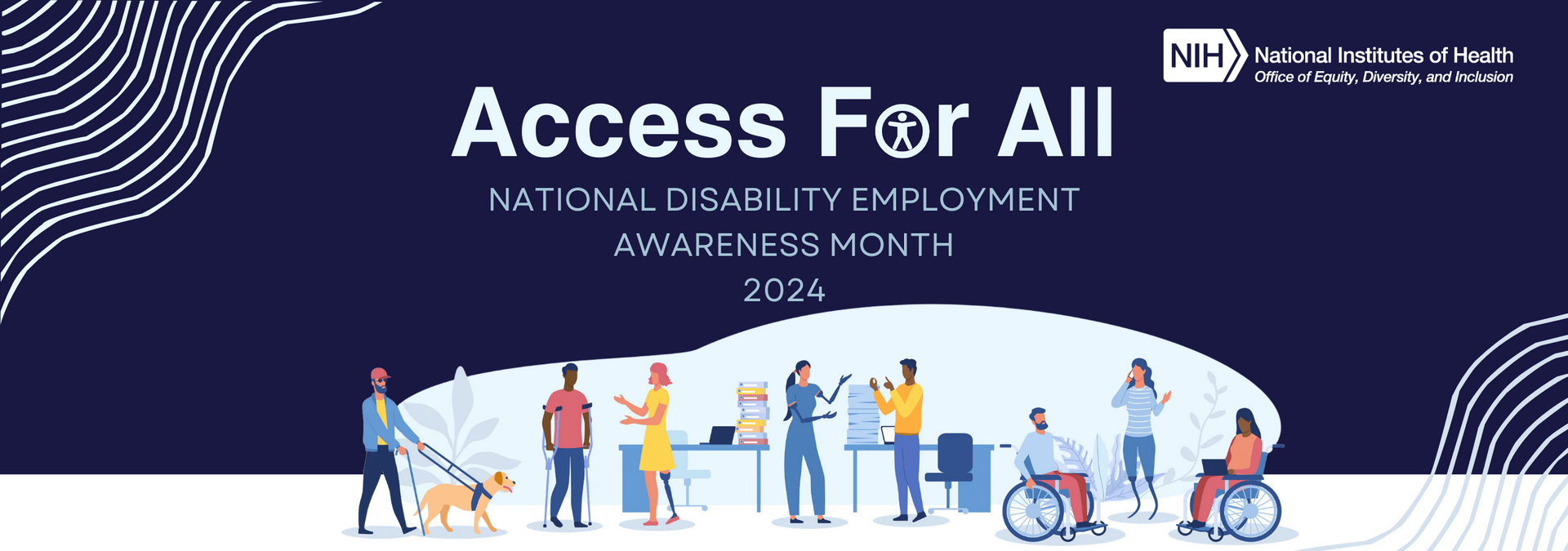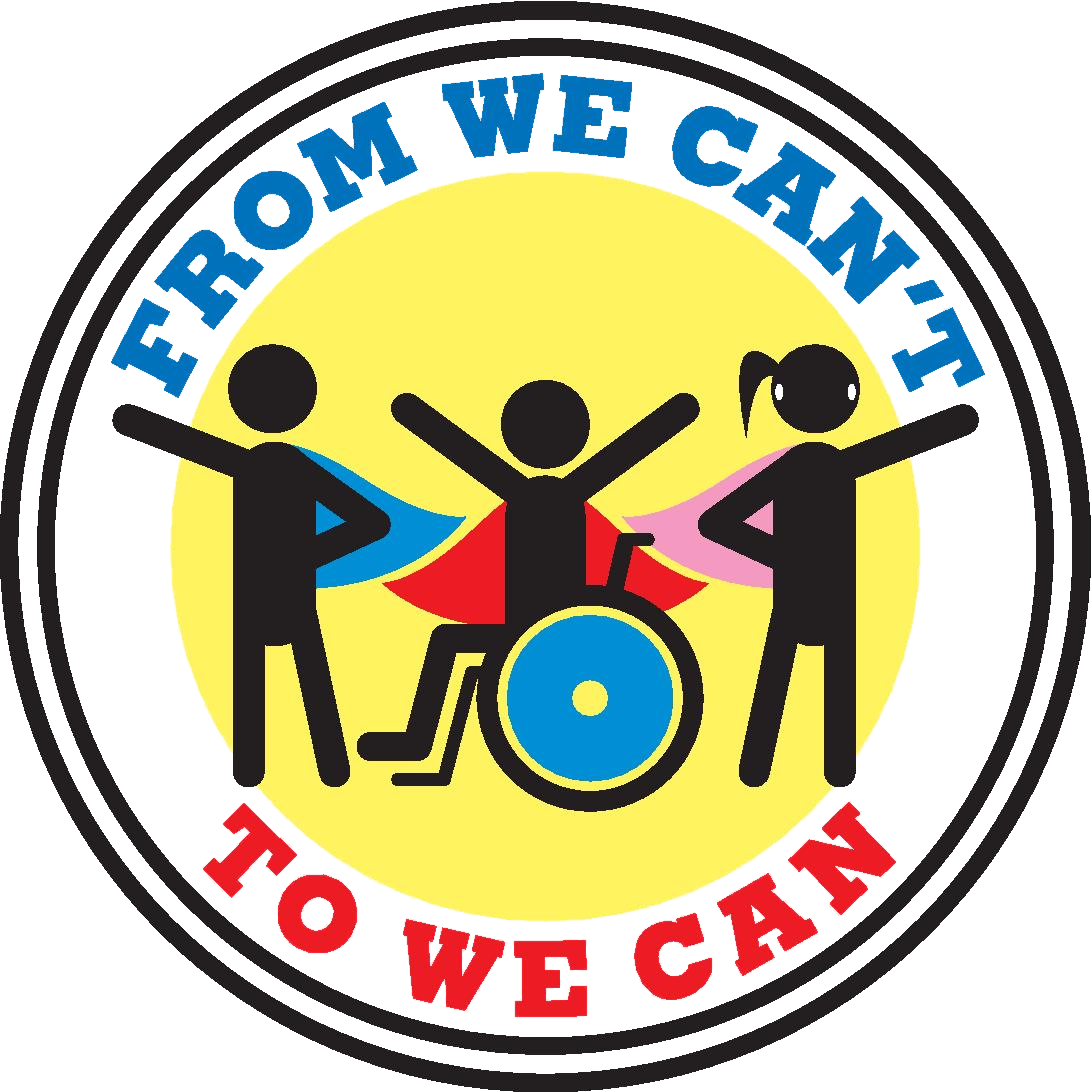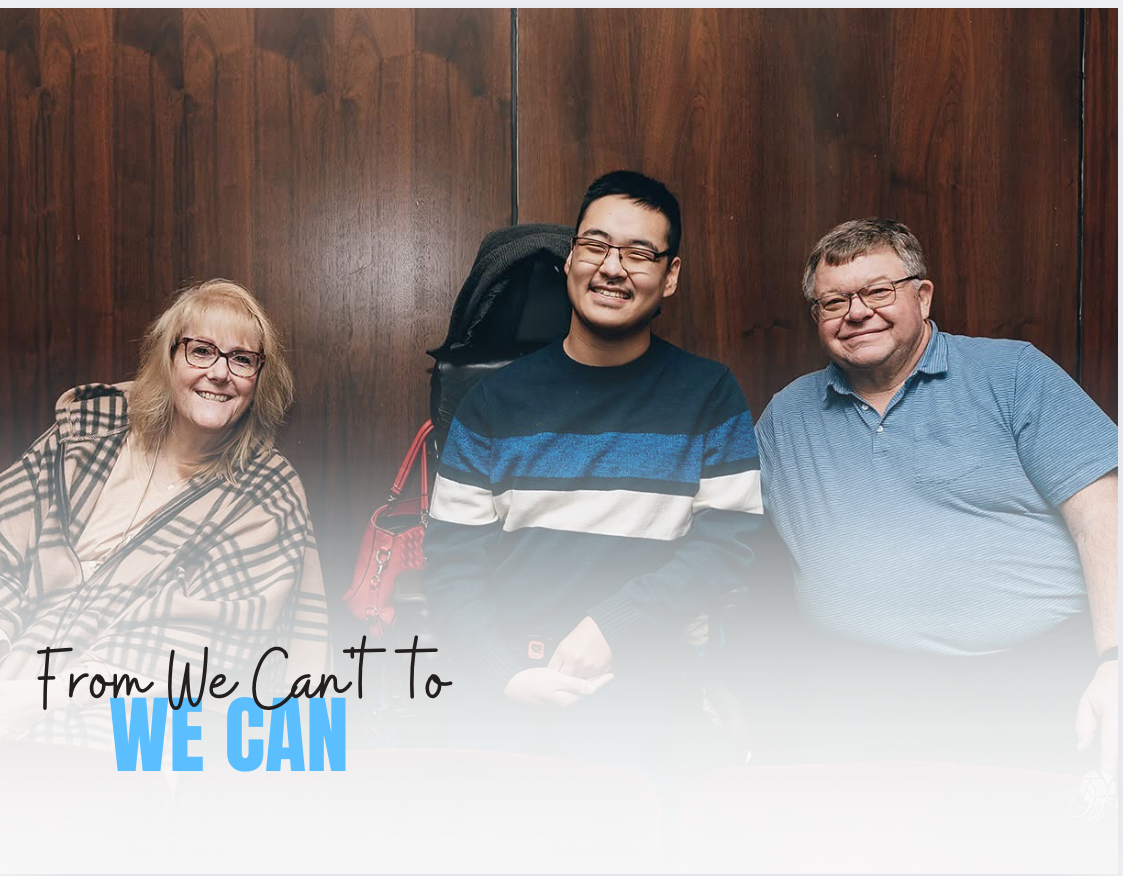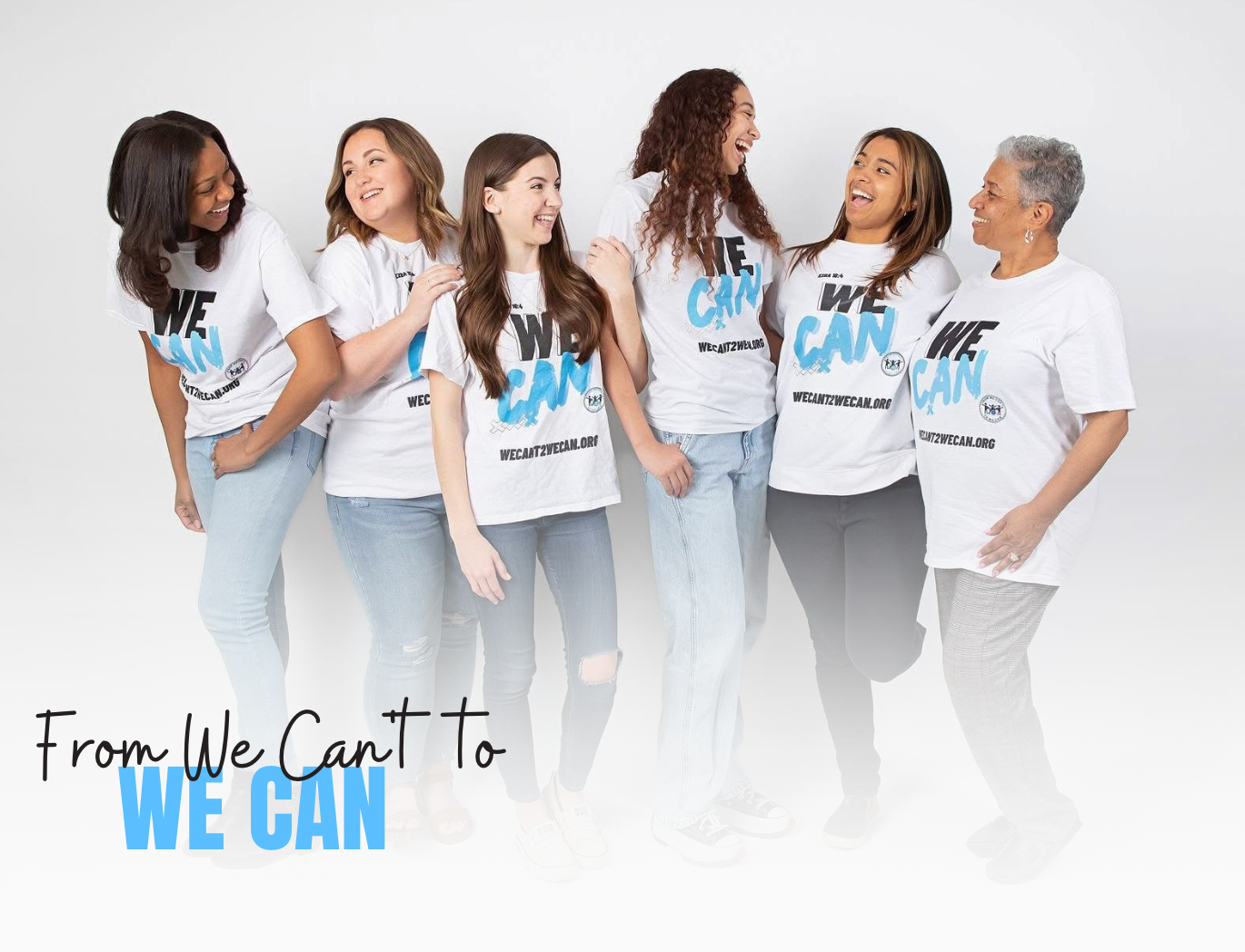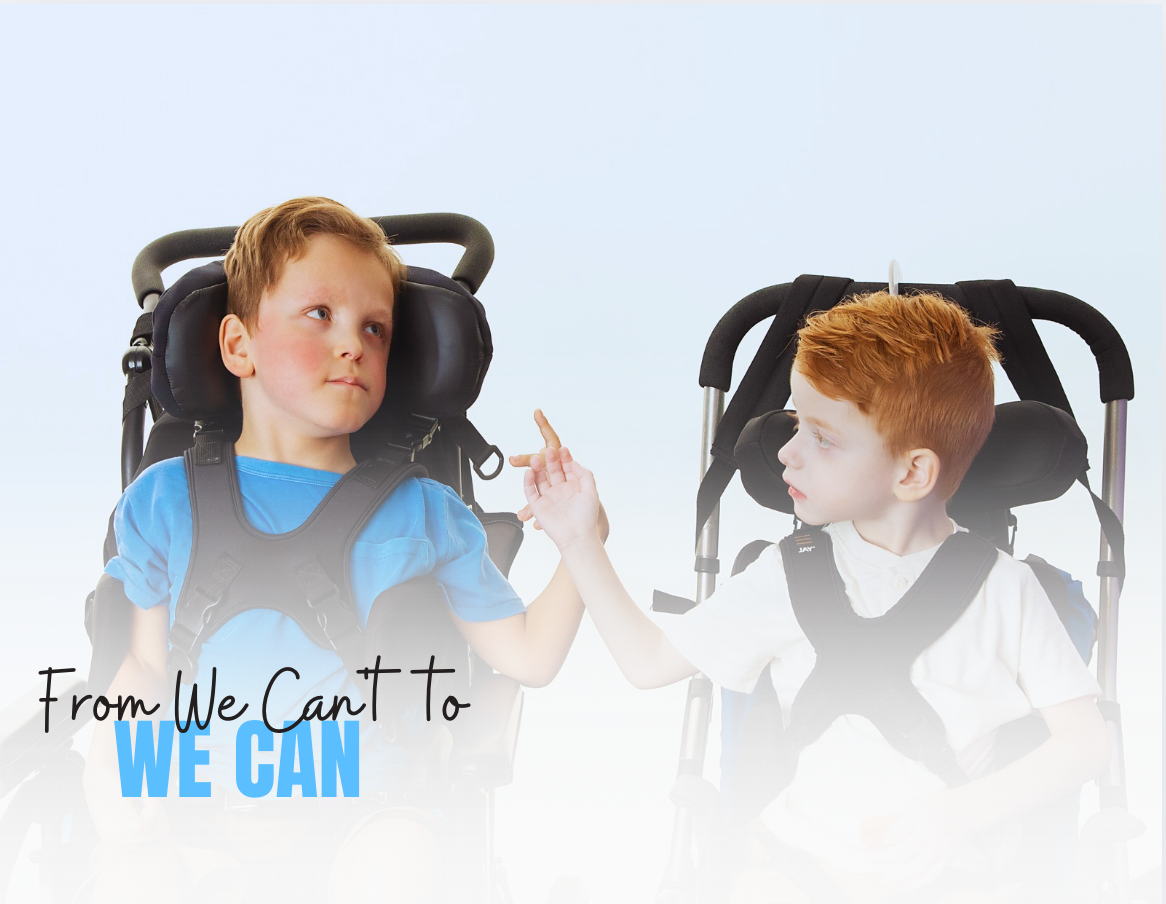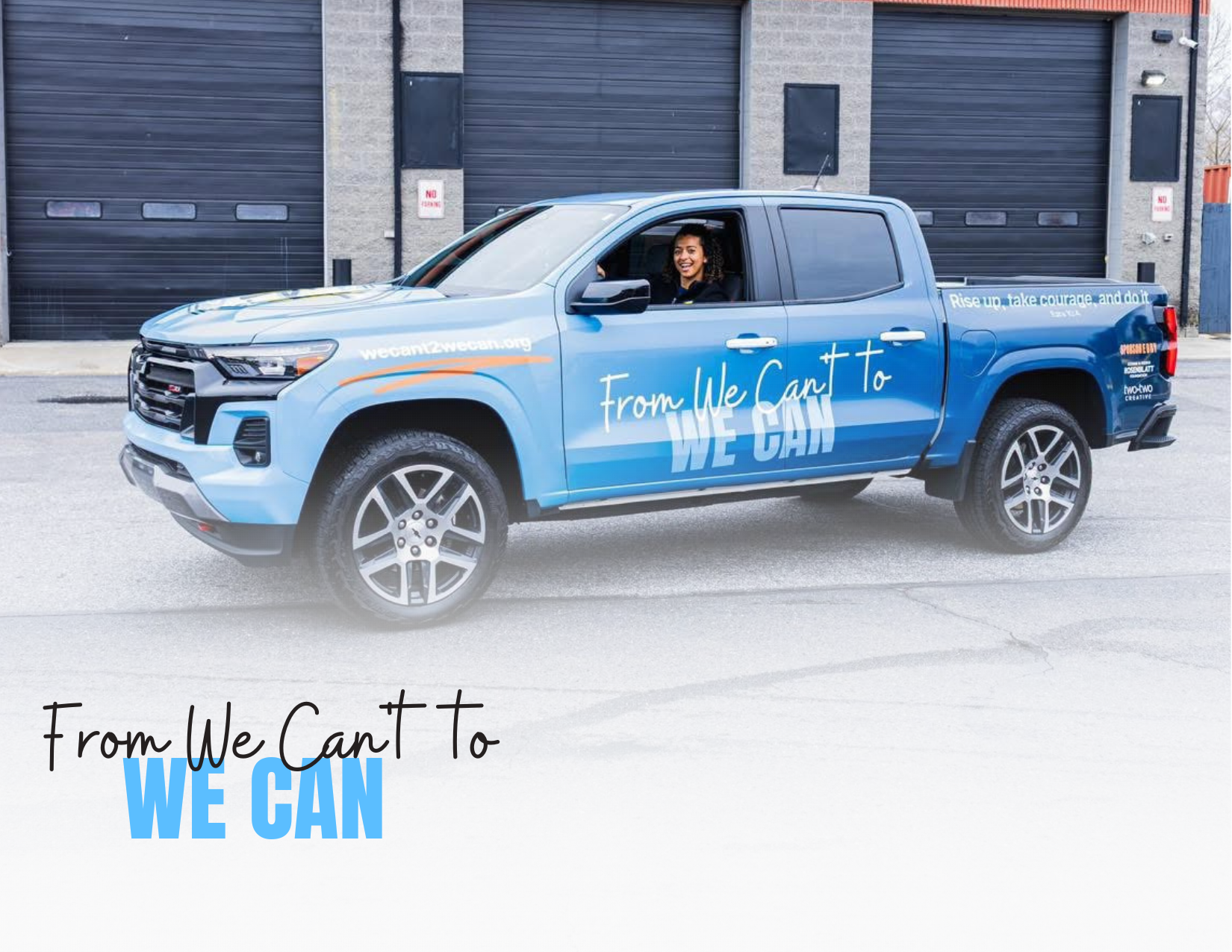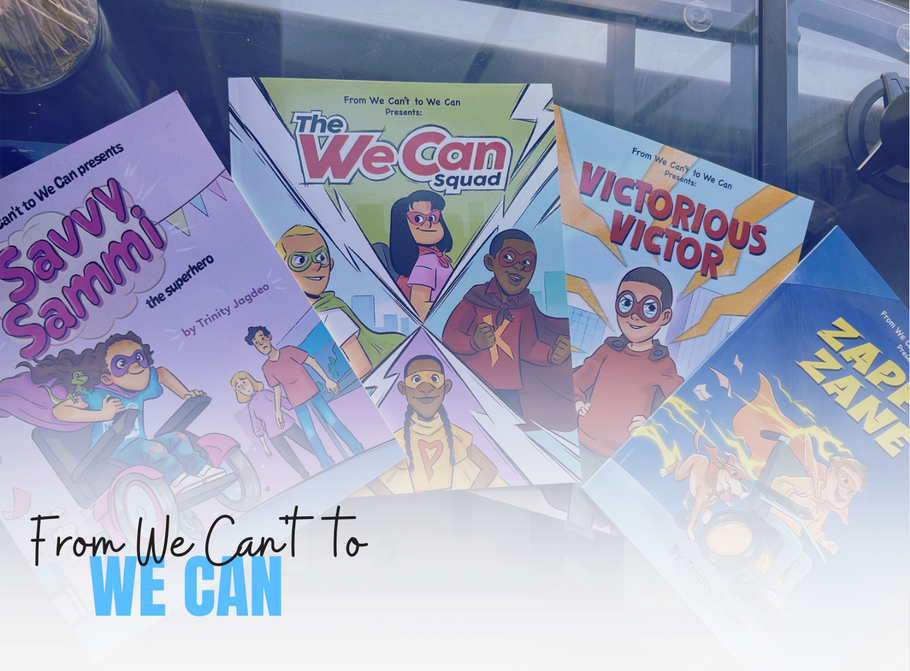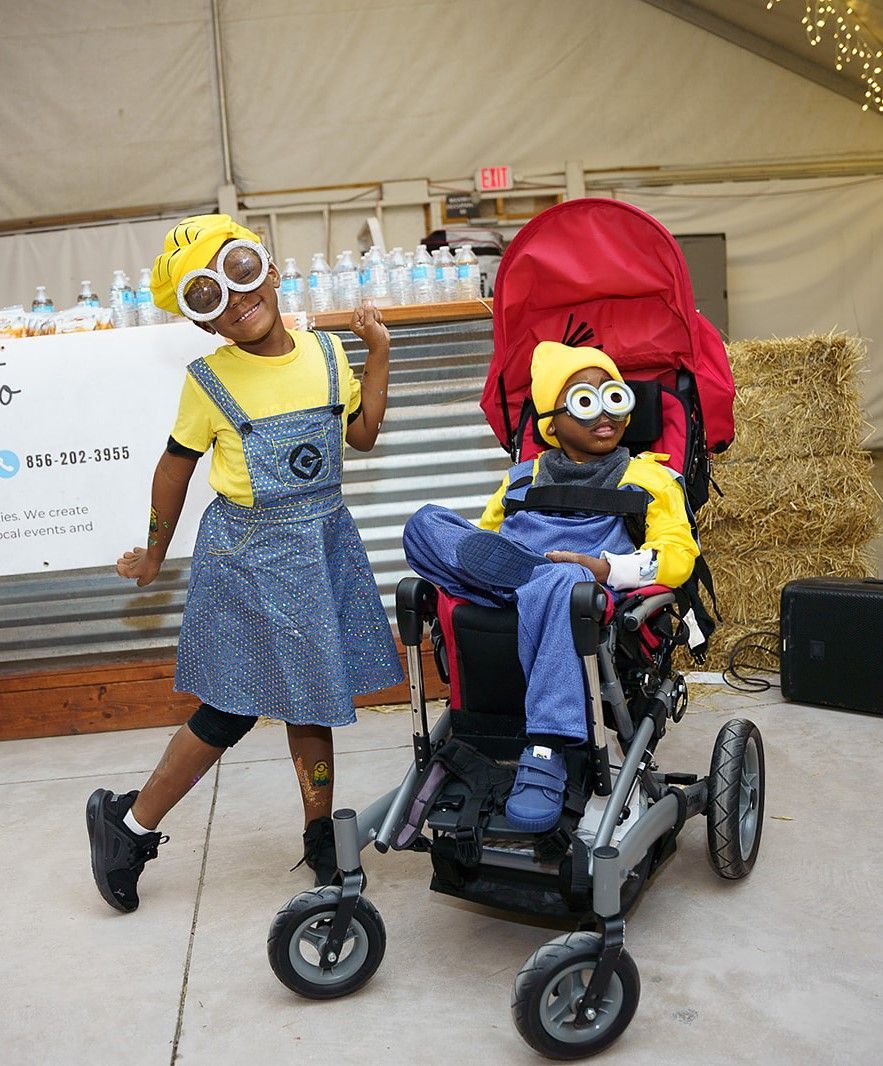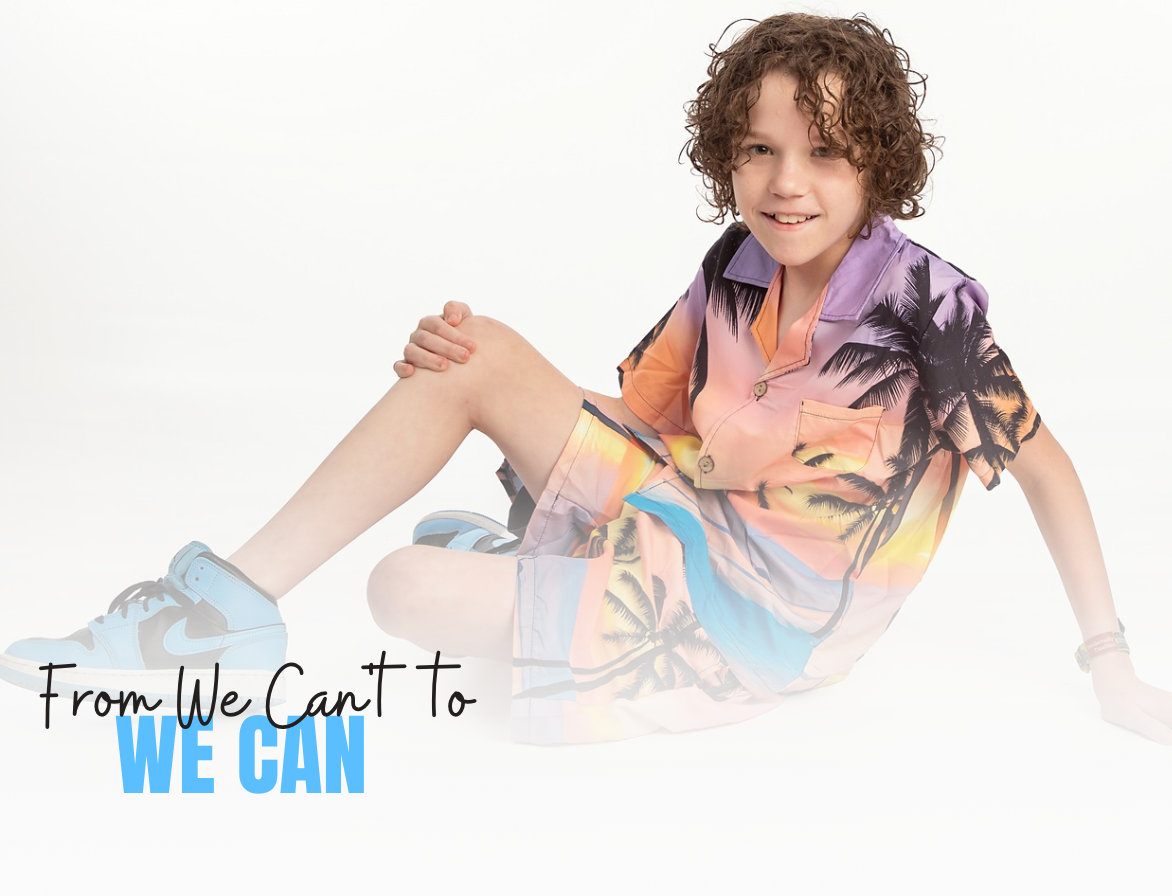
Beyond Awareness: A Historical Significance
TJ Edmund, April 2025
For decades, April has been recognized as a time dedicated to educating the public about autism spectrum disorder (ASD). However, as the autism community and its advocates voiced valid concerns that awareness alone was insufficient, a shift began. Today, Autism Acceptance Month emphasizes not only the understanding but also the embracing and empowerment of autistic individuals. This change reflects a broader movement toward inclusivity, self-advocacy, and greater respect for neurodivergence. But how did we get here?
Autism Awareness Month was first established in April 1970 by the Autism Society of America, at a time when knowledge of autism was limited and often misunderstood. The focus was largely on raising awareness of the condition, with messaging that framed autism as a challenge to be solved rather than a diverse way of experiencing the world. Many early campaigns emphasized finding a "cure" or promoting treatments aimed at making autistic individuals conform to neurotypical norms.
In 1988, Ronald Reagan became the first American president to issue an official proclamation declaring April as National Autism Awareness Month. This made significant progress which allowed individuals with autism to be recognized as everyday citizens and capable of leading more productive lives.
While well-intentioned, these narratives often overlooked the voices of autistic people themselves. Many felt that awareness efforts reinforced stigma, portraying autism as something inherently negative rather than a fundamental aspect of identity for millions worldwide.
In 2007, the United Nations General Assembly unanimously voted to declare April 2 as World Autism Day, a time to raise awareness and celebrate the realities of ASD. In 2008, Autism Speaks launched the first Autism Awareness Month. By 2011, the Autism Self-Advocacy Network (ASAN) began referring to April as Autism Acceptance Month championing the idea that autistic people didn’t need to be "fixed"—they needed to be accepted, accommodated, and included in all aspects of society.
"Autistic people didn’t need to be "fixed"—they needed to be accepted, accommodated, and included in all aspects of society."
ASAN urged individuals and organizations to move beyond passive awareness and toward active support. This meant advocating for policies that promote accessibility, workplace inclusion, and educational accommodations. It also meant celebrating autism as a natural variation of human neurology, rather than a disorder that needed to be "overcome."
One of the most significant shifts in recent years has been the increased visibility of autistic voices in media, education, and public discourse. Autistic-led initiatives have gained momentum, pushing for changes in how autism is discussed and represented. Books, films, and social media platforms have provided spaces where autistic individuals can share their experiences authentically, challenging outdated stereotypes.
Additionally, legislation such as the Americans with Disabilities Act (ADA) and the Individuals with Disabilities Education Act (IDEA) has played a crucial role in ensuring rights and protections for autistic people. However, advocacy efforts continue, as many still face barriers in employment, healthcare, and everyday accessibility. In 2021, the Autism Society of America swapped “Awareness” for “Acceptance” recommitting itself to better inclusion and increased acceptance of individuals with autism in society.
Autism Acceptance Month is more than just a change in terminology—it’s a recognition that autistic people deserve dignity, respect, and full participation in society. Acceptance means:
- Supporting autistic individuals in schools and workplaces with accommodations that help them thrive.
- Listening to autistic voices when shaping policies and services that impact their lives.
- Challenging harmful misconceptions and embracing autism as part of the natural diversity of human experience.
As we continue to move forward, the message is clear: awareness is only the first step—acceptance is the goal. By fostering environments where autistic individuals are valued and included, we create a world where everyone, regardless of neurology, can reach their fullest potential.
This Autism Acceptance Month, let’s not just acknowledge autism—let’s celebrate and uplift the autistic community in meaningful ways.
Sources & Additional Resources
"Autism Acceptance Month: The History and Impact." Neurology Advisor, 2024.
"Facts About Autism Awareness Month and Why It’s Important." Circle Care Services, n.d.
"5 History Facts About Autism Awareness Month." The Deron School of New Jersey Inc., n.d.
You may want to read more of our blog...
We Can Blog
